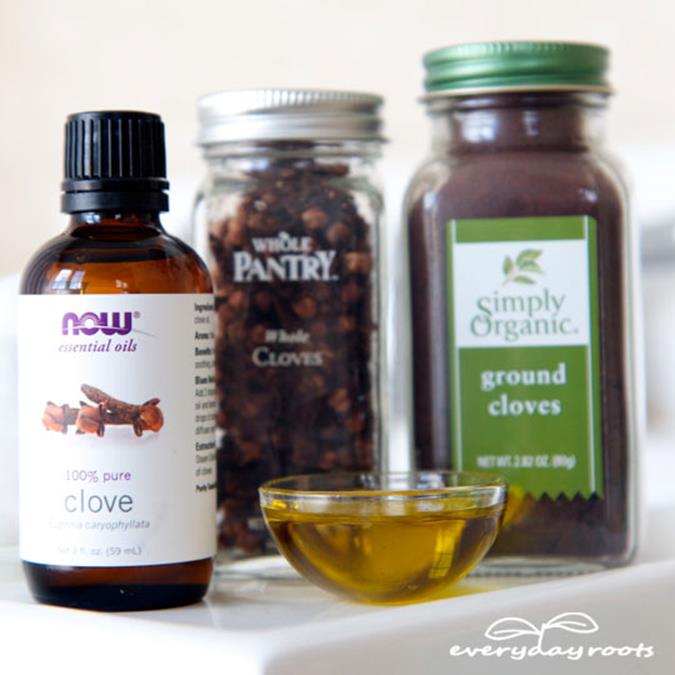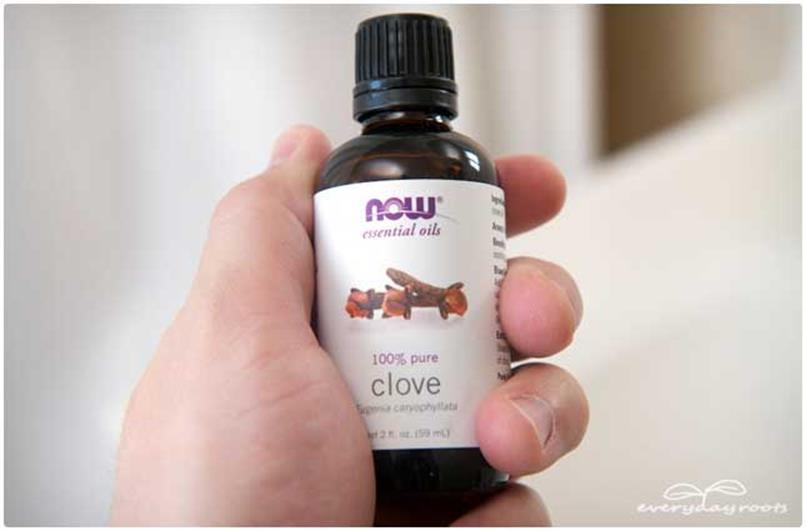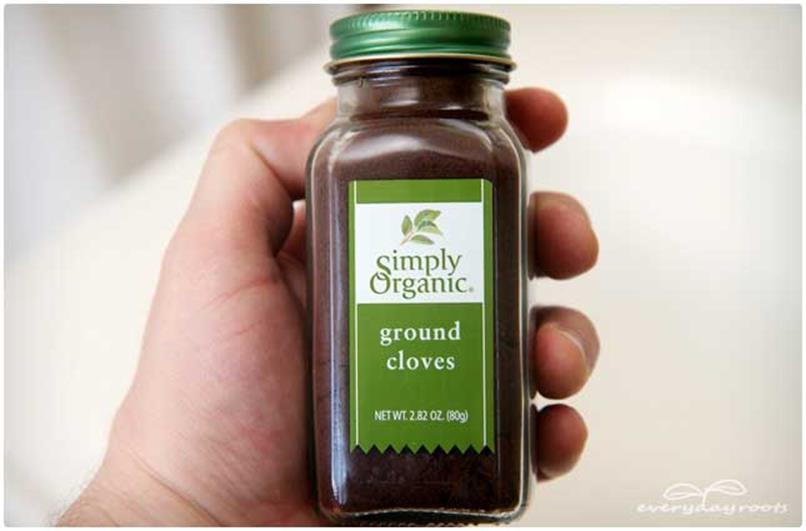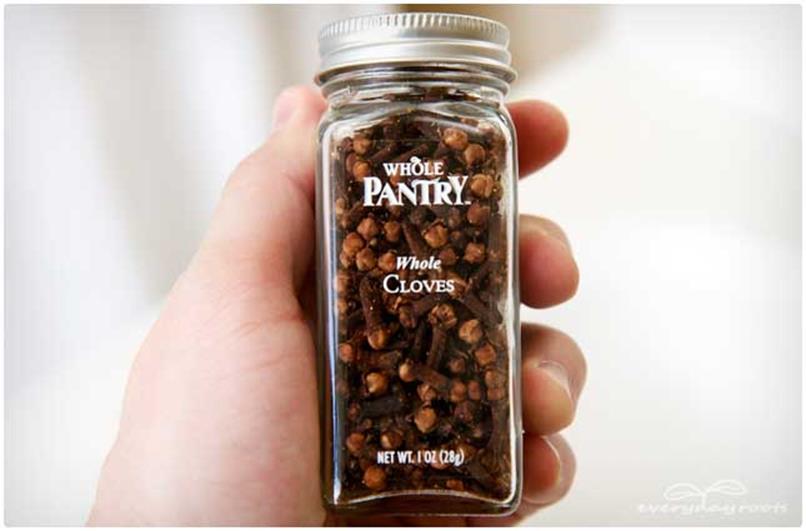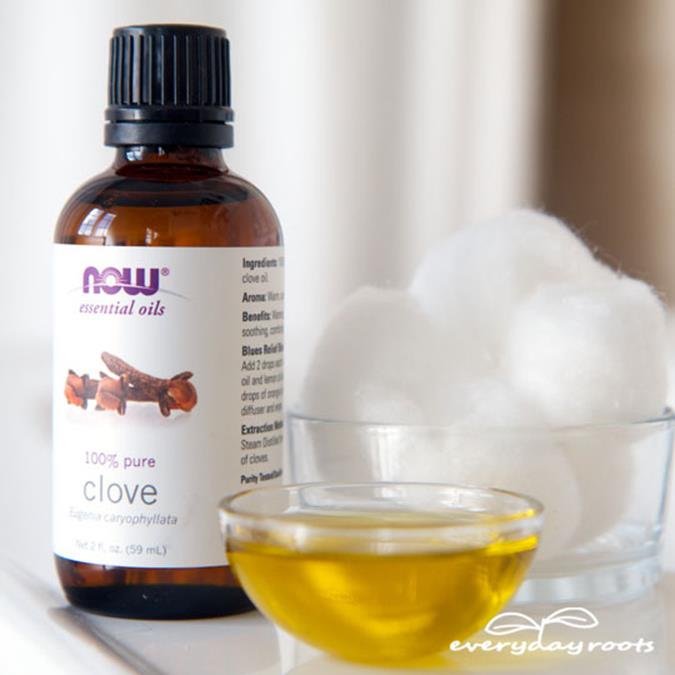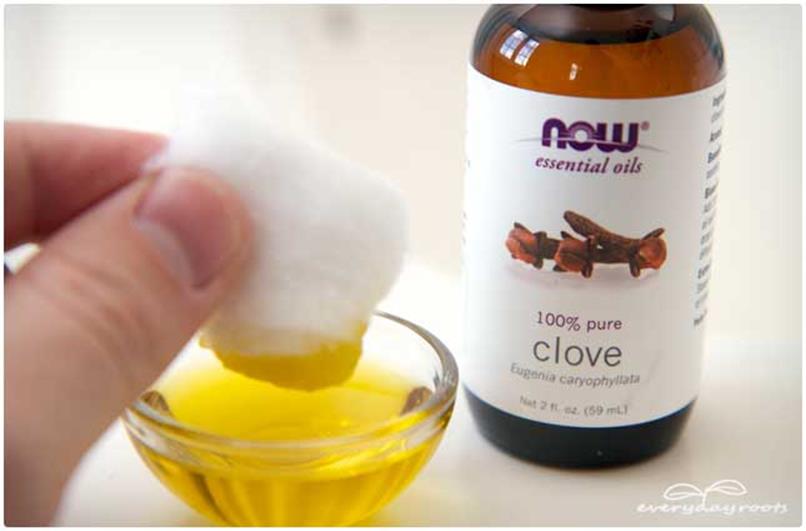As health conscious as we are these days, many of us have failed to recognize the correlation between healthy teeth and gums with our overall health and nutrition level. Your teeth and gums are living body parts that respond to vitamins, minerals and fatty acids just as your skin, hair, muscles and organs do. When teeth do not get the proper amounts of vitamins and nutrition, their overall health diminishes.
Be Proactive
Being proactive and scheduling regular dental visits now and learning good dental hygeine habits will ensure your teeth and gums stay healthy. When the dentist makes suggestions about elective procedures, do it now while you have the opportunity to. The last thing you would want to handle during a shtf scenario is a dental emergency. In addition, start flossing now. Every dentist emphasizes the importance of flossing, so lets listen to their medical expertise on this one. Another course of action you should take is to limit your sugar intake. The bacteria in your mouth thrives in a high-sugar environment. This will only antagonize any existing dental issues you already have. Failure to treat any dental emergencies can result in the following scenarios:
- Loss of the tooth
- Mediastinitis
- Sepsis
- Spread of infection to soft tissue (facial cellulitis, Ludwig’s angina)
- Spread of infection to the jaw bone (osteomyelitis of the jaw)
- Spread of infection to other areas of the body resulting in brain abscess, endocarditis, pneumonia, or other complications
Resources
To create a good stockpile of dental supplies, begin with a good resource, such as When There Is No Dentist by Murray Dickson (click here to download a PDF version). According to reviews, this invaluable resource uses straightforward language and careful instructions. There is also a special chapter on oral health and HIV/AIDS, which provides the dental worker with a detailed, well-illustrated discussion of the special problems faced by people living with HIV/AIDS, and appropriate treatment. Having multiple reference materials gives you a broader spectrum in how to provide different types of dental treatments. There are also online resources such as www.scribd.com where you could find additional resources.
Natural Alternatives
Having essential herbs, oils and tinctures on hand for pain relief would be beneficial to those who are suffering from a dental emergency.
- Valerian root: This root is a mild sedative that induces both psychological and physical relaxation; however it should not be consumed by pregnant or nursing ladies. Valerian root is available as a capsule, tea, tablet or liquid extract.
- Clove oil: Clove oil contains eugenol, a natural pain killer and antibacterial. Mix 2 to 3 drops of pure clove oil with 1/4 teaspoon olive oil. Saturate a cotton ball with the mixture and place the cotton ball beside the tooth.
- Kava kava: Kava kava is an effective muscle relaxant and a mild sedative. This remedy should not be taken with antidepressant medications.
- Passion flower: This flower has sedative and relaxing properties without habit-forming properties. This may however pose a threat to pregnant and nursing women. Passion flower is available as infusions, teas, liquid extracts and tinctures.
- Charcoal: Activated charcoal is available at many drug stores and natural health food stores. Mix two teaspoons of activated charcoal powder with just enough water to make a paste. Apply it to a piece of gauze and place the gauze on the tooth. Bite down.
Along those same lines, acquiring vitamins to store for long-term emergencies is also a proactive course of action you could take to maintaining healthy teeth and gums. Not only do vitamins assist in maintaining your body’s daily functioning, overhall health, immunity and mental capacity, but they also assist in oral health. Taking these 7 vitamins daily will assist in maintaining healthy teeth and gums as well as prevent gum disease.
Get Some Supplies
Having some dental supplies to rely on during short-or long-term emergencies would be opportunistic to say the least. These dental supplies should emcompass dental emergency resources, first aid supplies, pain relief, anti-infammatory needs and, if possible antibiotics.
Short-Term Emergency Dental Kit
- Dental emergency resource
- Dental exam gloves
- Toothpaste (in quantity)
- Toothbrushes (multiple quantities of soft bristled brushes)
- Floss (3)
- Toothpicks
- Fluoride rinse (3 bottles)
- Tongue scraper
- Cotton balls
- Cotton gauze pads
- Hydrogen peroxide (3%)
- Orabase with Benzocaine
- Aspirin or acetaminaphen (Tylenol)
- Temporary cap filler
- Instant ice packs
- Dental mirror
- Salt (for rinsing)
- Clove oil (for tooth aches and antimicrobial properties)
- Penlight or headlamp
Longer-Term Dental Emergency Supplies
- More quantities of the above supplies
- Vitamins
- Additional dental resources
- Dental tool assortment
- Monofilament or suture “thread”
- Suture needles
- Celox or quikclot
- Instant ice packs
- Antibiotics
Most Likely Dental Emergencies To Prepare For
According to Douglas W. Stephens, D.D.S., the most common types of dental emergencies are:
Toothache: The most common dental emergency. This generally means a badly decayed tooth. As the pain affects the tooth’s nerve, treatment involves gently removing any debris lodged in the cavity being careful not to poke deep as this will cause severe pain if the nerve is touched. Next rinse vigorously with warm water. Then soak a small piece of cotton in oil of cloves and insert it in the cavity. This will give temporary relief until a dentist can be reached.
At times the pain may have a more obscure location such as decay under an old filling. As this can be only corrected by a dentist there are two things you can do to help the pain. Administer a pain pill (aspirin or some other analgesic) internally or dissolve a tablet in a half glass (4 oz) of warm water holding it in the mouth for several minutes before spitting it out. DO NOT PLACE A WHOLE TABLET OR ANY PART OF IT IN THE TOOTH OR AGAINST THE SOFT GUM TISSUE AS IT WILL RESULT IN A NASTY BURN.
Swollen Jaw: This may be caused by several conditions the most probable being an abscessed tooth. In any case the treatment should be to reduce pain and swelling. An ice pack held on the outside of the jaw, (ten minutes on and ten minutes off) will take care of both. If this does not control the pain, an analgesic tablet can be given every four hours.
Other Oral Injuries:Broken teeth, cut lips, bitten tongue or lips if severe means a trip to a dentist as soon as possible. In the mean time rinse the mouth with warm water and place cold compression the face opposite the injury. If there is a lot of bleeding, apply direct pressure to the bleeding area. If bleeding does not stop get patient to the emergency room of a hospital as stitches may be necessary.
Prolonged Bleeding Following Extraction: Place a gauze pad or better still a moistened tea bag over the socket and have the patient bite down gently on it for 30 to 45 minutes. The tannic acid in the tea seeps into the tissues and often helps stop the bleeding. If bleeding continues after two hours, call the dentist or take patient to the emergency room of the nearest hospital.
Broken Jaw: If you suspect the patient’s jaw is broken, bring the upper and lower teeth together. Put a necktie, handkerchief or towel under the chin, tying it over the head to immobilize the jaw until you can get the patient to a dentist or the emergency room of a hospital.
Painful Erupting Tooth: In young children teething pain can come from a loose baby tooth or from an erupting permanent tooth. Some relief can be given by crushing a little ice and wrapping it in gauze or a clean piece of cloth and putting it directly on the tooth or gum tissue where it hurts. The numbing effect of the cold, along with an appropriate dose of aspirin, usually provides temporary relief.
In young adults, an erupting 3rd molar (Wisdom tooth), especially if it is impacted, can cause the jaw to swell and be quite painful. Often the gum around the tooth will show signs of infection. Temporary relief can be had by giving aspirin or some other painkiller and by dissolving an aspirin in half a glass of warm water and holding this solution in the mouth over the sore gum. AGAIN DO NOT PLACE A TABLET DIRECTLY OVER THE GUM OR CHEEK OR USE THE ASPIRIN SOLUTION ANY STRONGER THAN RECOMMENDED TO PREVENT BURNING THE TISSUE. The swelling of the jaw can be reduced by using an ice pack on the outside of the face at intervals of ten minutes on and ten minutes off.
Cold Sores, Canker Sores, Fever Blisters: Sores in the mouth, lips or tongue can be caused by many reasons, irritation, injuries which bruise or cut the lip or just a run-down condition. The germs which cause most of these sores are always laying just below the surface waiting for a chance to flare up. Usually these lesions last five days no matter what you put on them. Such preparations as Blistex, Carmex, Butyn Dental Ointment or Spirits of Camphor will relieve pain but it is doubtful whether they cause them to heal any sooner. New studies suggest that high levels of another amino acid, arginine can give the body increased resistance to these painful mouth and lip sores.
Generally, when confronted by a dental emergency, you can only relieve the pain and give temporary treatment until the patient can see their dentist. Sometimes, fast prompt emergency treatment can spell the difference between permanently losing a tooth and saving it.
In Conclusion:
We have a tendency to forget about the importance of having a stock of dental supplies on hand. Without warning, pain, soreness and infection can occur in the gums or teeth causing extreme discomfort. Having supplies and natural alternatives to remedy these flare ups will help keep a bad situation from getting worse. Most importantly, make regular visits to your dentist to keep your oral health up to par. It is best to take care of any existing problems now before they become more aggravated.
Via: readynutrition





!
















 Follow
Follow